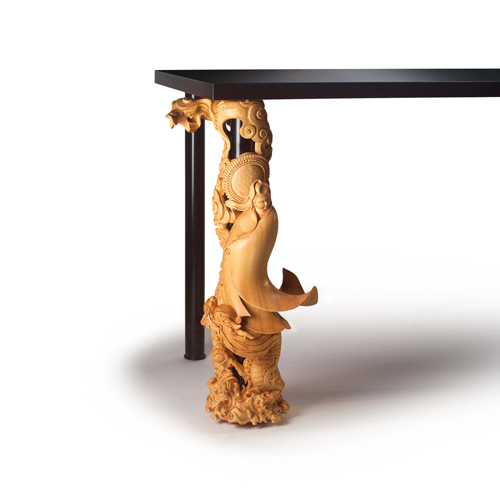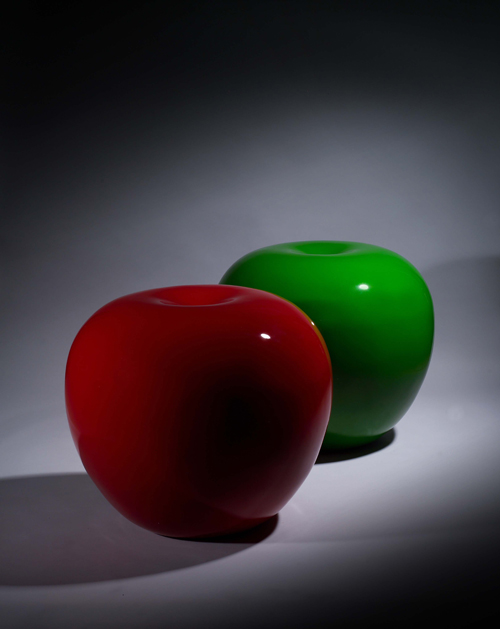Taiwan's Yii Furniture Stands Out at MIFF 2010
Unique products designed to harmonize with nature
2010/08/23 | By Judy LiTaiwan-made furniture never made much of a hit in the European design market until the emergence of the “Yii” brand, which was debuted at the Milan International Furniture Fair (MIFF) 2009. The new brand had an even more successful presence at this year's MIFF, which was held on April 14-19. During the six-day fair Yii-branded products stole the spotlight and gained high praises from professionals at the event, including Li Edelkoort, an international trend-forecaster and chairperson of the Netherlands-based Design Academy Eindhover; Toshiyuki Kita, a Japanese industrial design master; and Crystal Bennes, editor of Salon, a U.K.-based design magazine.
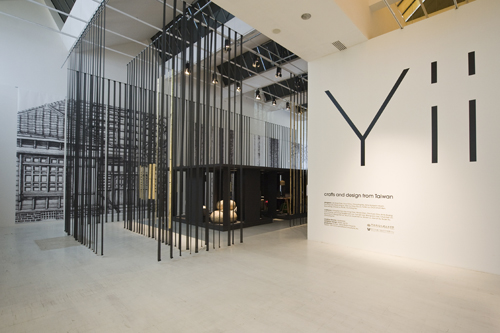
“Yii” was conceived by the Taiwan Craft Research Institute (TCRI) in 2007 to stimulate creative dialogue between Taiwanese designers and craftspeople, and has since been developed as a brand for TCRI-backed Taiwan-made innovative craft products, mainly decorations, furniture, and household items.
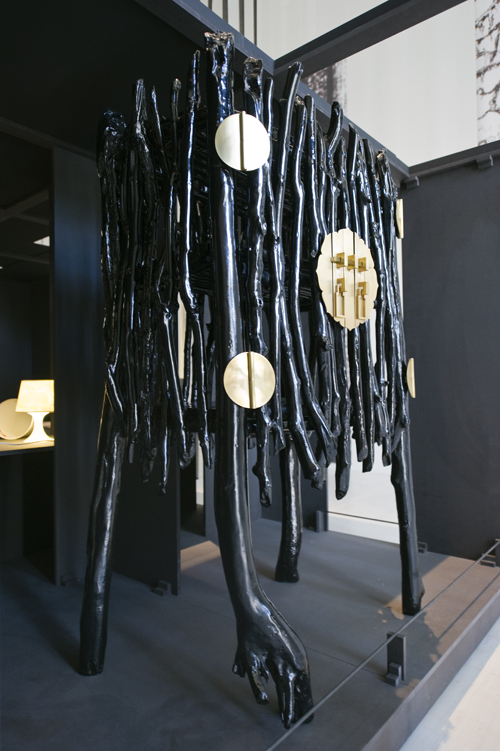
The designs of Taiwan's traditional crafts have mostly evolved from the principles of Buddhism and Taoism, which have enriched the culture of Taiwan with numerous legends and symbols. This influence can be found in many Yii products, and those displayed at MIFF 2010 featured the mixture of traditional culture and modern innovation.
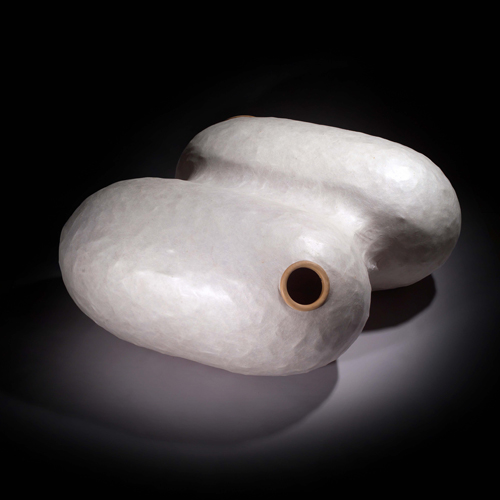
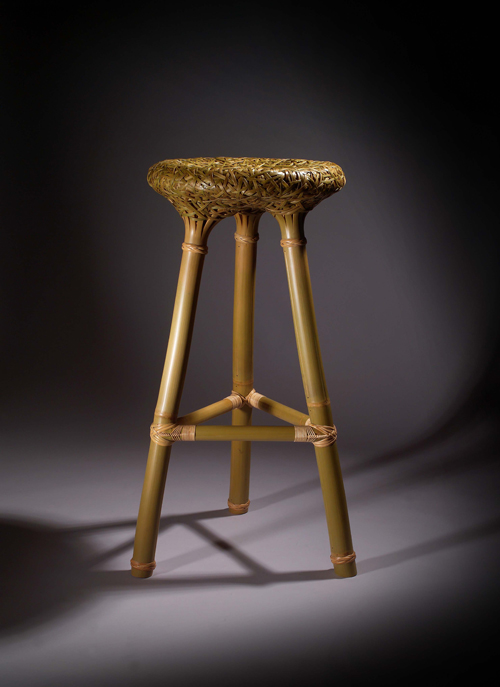
TCRI operates under the Council for Cultural Affairs (CCA), Taiwan's highest governmental institution for the planning and oversight of cultural establishments and sustainability. “Our projects are mostly backed by the CCA in terms of both financing and policy.” Lin notes. This backing enables TCRI to promote Taiwan's unique local crafts, design, innovation, and to help develop the island's cultural industry.
“In recent years, TCRI has adapted ‘Eco Arts'—which embody the contemporary value of life and the craft aesthetic—in an effort to enrich cultural content, environmental feel, and creative design,” Lin emphasizes. “Another goal of TCRI is to provide life value to people with busy yet monotonous lives by giving them the wisdom to live simply and in an environmentally friendly way. TCRI also seeks to meet its primary goals of encouraging Taiwan's people to cultivate an appreciation of crafts, to bring beauty into everyday life, and to pursue greater international exchange related to crafts.”
Decades ago, Lin notes, Taiwan's furniture products were mostly handcrafted from natural materials such as wood and bamboo. “So, to follow today's world trend of harmonizing with nature, we encourage manufacturers to create products of natural materials,” he says. “At MIFF 2010 we exhibited quite a lot of creative handicraft furniture, among other items. The creative furniture products that we displayed included a cocoon twin stool, a bamboo barstool, a lacquer-decorated chair, a pair of modern apple-shaped chairs, a calligraphy cupboard, and a table with one leg carved in a religious motif.”
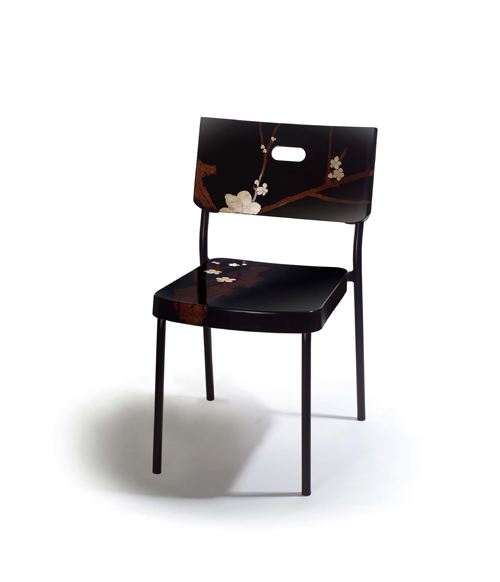
“The calligraphy cupboard is made of driftwood with layered lacquer, giving a floating and delicate appearance like the strokes in Chinese calligraphy and reflecting the movements of classic Chinese brush writing. The cupboard's traditional look exhibits an Eastern influence and a ‘shaped by nature' aesthetic. The cupboard also has a traditional lock that symbolizes luxurious Oriental beauty.
